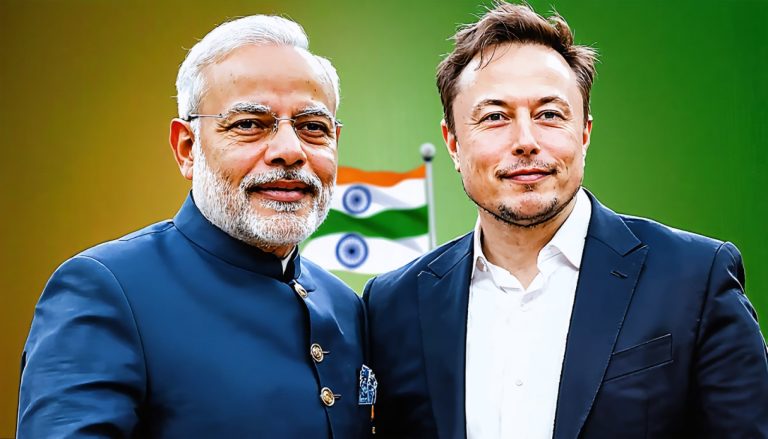Recent reports indicate that Elon Musk, the CEO of SpaceX, has maintained continuous communication with Vladimir Putin, the President of Russia, for an extended period. According to sources, Putin has expressed his desire for Musk not to implement the satellite internet service Starlink in Taiwan, suggesting that it would be preferable to adhere to China’s interests. Taiwan, however, has shown enthusiasm for satellite internet applications, indicating a welcoming stance towards services like Starlink.
Concerns within the U.S. government have arisen due to Musk possessing top-secret security clearance, particularly in light of Russia’s sanctioned status as a national adversary. Musk’s business, Starlink, secured a substantial contract worth $1.8 billion with the U.S. government in 2021, potentially linked to surveillance capabilities that may have raised alarms in Russia.
While the Kremlin has claimed only minimal interaction between Musk and Putin, recent reports suggest more frequent discussions about technological advancements. Furthermore, Musk’s connections with various Russian officials have come under scrutiny, especially as the U.S. Justice Department highlights misinformation linked to his platform, X.
Russia’s military has also shown interest in Starlink’s technology despite threats aimed towards it, as evidenced by attempts to use the service covertly for military communications amidst ongoing conflict in Ukraine. The situation highlights the intricate web of international relations influenced by the intersection of technology and geopolitics.
The Ongoing Dynamics of Musk and Putin’s Relationship: A Deep Dive
Elon Musk and Vladimir Putin’s relationship is a complex interplay of technology, geopolitics, and personal ambition that warrants close examination. Not only is it essential to explore the implications of Musk’s business ventures in a geopolitical context, but it also raises critical questions about influence, power dynamics, and ethical considerations.
Key Questions and Answers
1. What drives Musk’s interactions with Putin?
– Musk is primarily driven by business interests and technological advancements. His ventures in satellite internet services like Starlink directly intersect with issues of global connectivity and geopolitical strategy.
2. How does Musk’s engagement with Putin impact U.S. foreign policy?
– Musk’s communications may complicate U.S. foreign relations, especially as tensions with Russia escalate. His position as an industry leader with access to powerful technology raises concerns among policymakers about national security and potential espionage metrics.
3. What are the implications of Starlink in regions of conflict?
– The deployment of Starlink technology in conflict zones can facilitate communication but might also inadvertently aid adversarial activities, raising ethical dilemmas about enabling military operations and supporting government policies.
Key Challenges and Controversies
– Dual-Use Technology Concerns: The ability of technologies like Starlink to serve both civilian and military purposes presents a dilemma. While it can aid humanitarian efforts, it can also be exploited for military advantages by state adversaries, complicating Musk’s narrative of philanthropy versus business.
– Balancing Act with China: Musk’s communications with Putin have ramifications for China, especially in Taiwan. His business decisions could align with or oppose U.S. interests if they cater to Russian demands over Taiwanese autonomy in technology usage.
– Regulatory Scrutiny: Given Musk’s vast influence and the implications of his platform X in spreading misinformation, there has been increased scrutiny from government entities regarding his connections and the potential for conflicts of interest.
Advantages and Disadvantages
– Advantages:
– Global Reach for Technology: Musk’s relationship with international leaders may provide unique opportunities for collaboration on global connectivity projects, fostering innovation.
– Influence in Geopolitics: His standing can allow him to influence discussions on technology regulation and international policies regarding the internet and communications.
– Disadvantages:
– Potential National Security Risks: Musk’s interactions could lead to the transfer of sensitive technology to adversaries, heightening risks for national security.
– Public Perception Risks: If perceived as prioritizing profit over ethics, Musk could face backlash domestically and abroad, impacting both his companies and public trust.
As the dynamics between Musk and Putin evolve, the broader implications for international relations and technology governance will continue to unfold. The intersection of Musk’s entrepreneurial ambition and Putin’s geopolitical maneuvering presents a captivating case study in modern diplomacy.
For further insights on global political dynamics and technology, visit Brookings Institution or explore technological impacts on society at MIT Technology Review.



